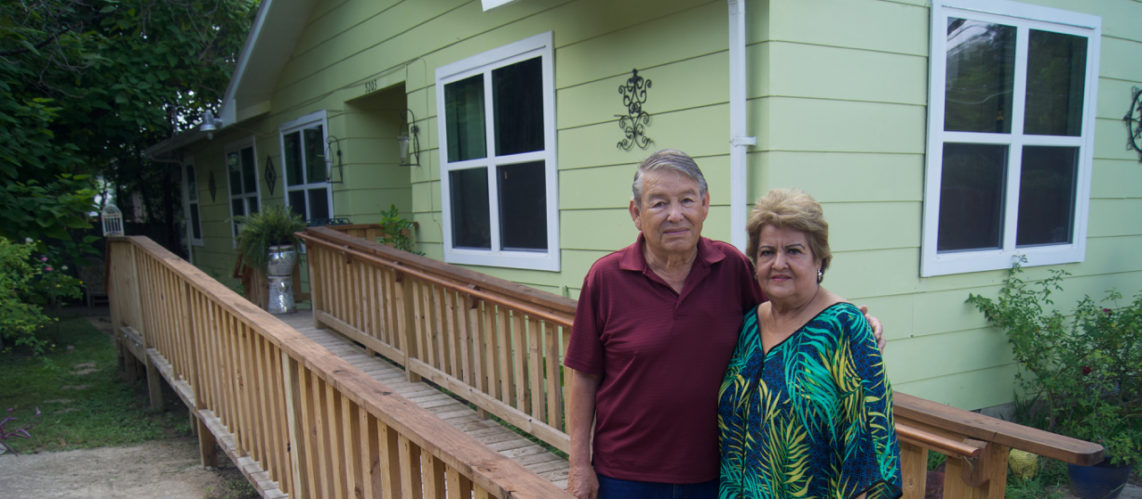October 25, 2023
Dear Mayor, Mayor Pro Tem, Council Members, and Planning Commissioners,
The Austin Housing Coalition comprises nonprofits, affordable housing developers, housing and policy experts, and other interested organizations, businesses, and residents, who support the development of safe, affordable housing for Austin residents. While our focus is generally on subsidized affordable housing, we recognize that legalizing all housing types is necessary to combat Austin’s housing crisis, including missing middle housing. With this in mind, we strongly urge City Council to support the adoption of the land development code changes that will allow for three dwelling units per single family lot and for the construction of smaller single-family homes than are allowed under the current Code.
Local pressures on our limited housing supply, coupled with international economic factors, mean that Austinites must make at least $145,000 per year (120% MFI for a family of four) to afford the median home price in Austin. While many of our Coalition members were active in the efforts to enact comprehensive land use reform during CodeNext, we understand that we must now pursue piecemeal Code changes; implementing policies to allow developers to build more affordable housing options to mitigate this dramatic statistic.
With this in mind, it is paramount that we pursue code changes that allow three dwelling units per single family lot and allow for smaller housing types to increase missing middle housing stock in Central Austin neighborhoods. Importantly for the Austin Housing Coalition, allowing for the construction of this middle-income housing at no cost to the City also frees up City housing bond funds to be used to develop more deeply affordable units and permanent supportive housing, housing types that our Coalition members work hard to develop, and which generally require additional City subsidies to be successful.
Allowing Austinites the option to build and live in a greater diversity of housing types and sizes than are currently available gives households more affordable, flexible and multigenerational living options. Where these changes can create opportunities for existing homeowners to utilize a portion of their lot to create another smaller dwelling, they have the potential to help Austinites stay in their neighborhoods, rather than be displaced by rising rents and property taxes, which is of great importance to our organization. These policies can create opportunities for seniors to age in place by providing them with different housing options, and can allow families to stay together more easily in intergenerational and nontraditional households, sharing in the cost of housing.
We urge City Council to prioritize these policy changes to allow Austinites more flexibility, affordability, and missing middle housing options.
Sincerely,
The Austin Housing Coalition

